Redispersible Polymer Powder: The Secret Ingredient in Durable Construction Materials
In the world of construction, durability and longevity are paramount. Building materials must withstand the test of time, weather, and wear. Enter Redispersible Polymer Powder (RPP), the often-overlooked secret ingredient that plays a crucial role in enhancing the performance and longevity of construction materials. In this article, we'll uncover the science behind RPP, its applications in construction, and how it contributes to the creation of durable and resilient structures.
Understanding Redispersible Polymer Powder (RPP)
Redispersible Polymer Powder is a complex, fine powder that primarily consists of synthetic polymer resin, additives, and organic fillers. It is created through a meticulous process that involves spray-drying a polymer dispersion. The result is a powder that can easily be mixed with water to re-form a stable polymer dispersion, making it a versatile and indispensable component in construction.
The Chemistry of Durability
At the heart of RPP's effectiveness in construction materials lies its chemical composition. Here's how it works:
Enhanced Adhesion: RPP contains polymer resins that can adhere to various surfaces, including concrete, wood, and tiles. When mixed into construction materials, it significantly improves adhesion, preventing delamination or detachment over time.
Water Resistance: RPP is hydrophobic, meaning it repels water. When used in mortars, adhesives, and renders, it reduces water absorption, preventing materials from weakening or degrading due to moisture exposure.
Flexibility and Crack Resistance: The polymer component in RPP provides elasticity to materials. This elasticity helps prevent cracks and fissures from forming, especially in structures subjected to thermal expansion and contraction.
How to Improve Foundry Efficiency with SIC Ceramic Foam Filters
What Are the Benefits of Building Shopping Mall Skylight?
5 Benefits of Installing a Glass Curtain Wall
Choosing the Perfect Kitchen Faucet: A Comprehensive Guide
Unraveling the Fabric of Geotextiles: Non-Woven vs. Woven Geotextiles
What is the Difference Between a Wet Cooling Tower and a Dry Cooling Tower?
Fiberglass Mesh Drywall Tape: Unveiling the Secrets to Seamless Walls
Applications in Construction Materials
Redispersible Polymer Powder finds widespread use in a variety of construction materials:
Tile Adhesives: RPP improves the adhesive properties of tile adhesives, ensuring tiles remain firmly in place, even in high-moisture environments like bathrooms and kitchens.
Mortars and Renders: In mortars and renders, RPP enhances workability, adhesion, and flexibility while reducing the risk of cracking. This is especially crucial in plastering and stucco applications.
Self-Leveling Compounds: RPP aids in the creation of self-leveling compounds used to create smooth and level surfaces, which is essential for flooring installations.
Exterior Insulation and Finish Systems (EIFS): EIFS benefit from RPP's water resistance and flexibility, improving the longevity and performance of building exteriors.
The Sustainability Factor
Apart from its durability-enhancing qualities, RPP also contributes to sustainability in construction. It allows for the creation of longer-lasting structures, reducing the need for repairs and replacements. Moreover, RPP can be used to formulate low-VOC (Volatile Organic Compounds) construction materials, promoting healthier indoor air quality.
Redispersible Polymer Powder may be the unsung hero in construction, but its impact on the durability, performance, and sustainability of building materials is undeniable. It ensures that the structures we build today will stand strong for years to come, making it a secret ingredient that every builder and construction professional should embrace. In an industry where longevity and resilience are paramount, RPP is the key to success.
What is a sponge filter and how does it work?
Electric Dump Truck: Revolutionizing Construction Efficiencies
How to Prevent Corrosion in GFS Agricultural Water Tanks?
How to Choose the Best Fiberglass Mesh For Waterproofing?
How do I make PVC fire resistant?
What are the top 10 advantages of using pe tarpaulin canvas in your business?
Revolutionizing Building Industry: Rondy Fiberglass Mesh - How?
176
0
0


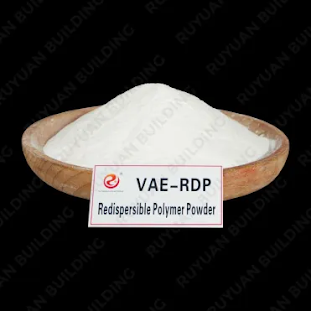

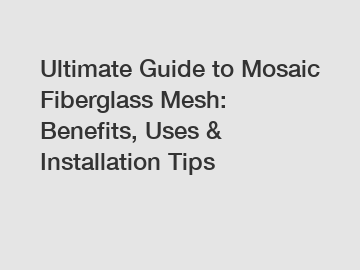

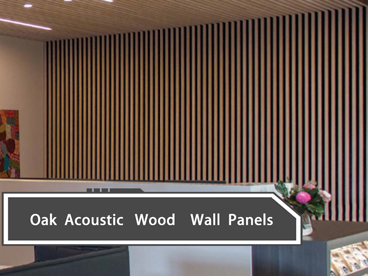

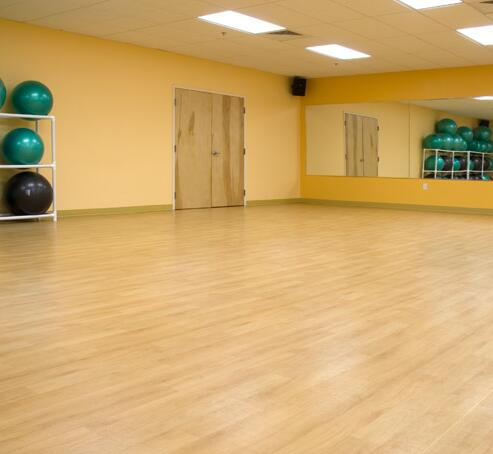
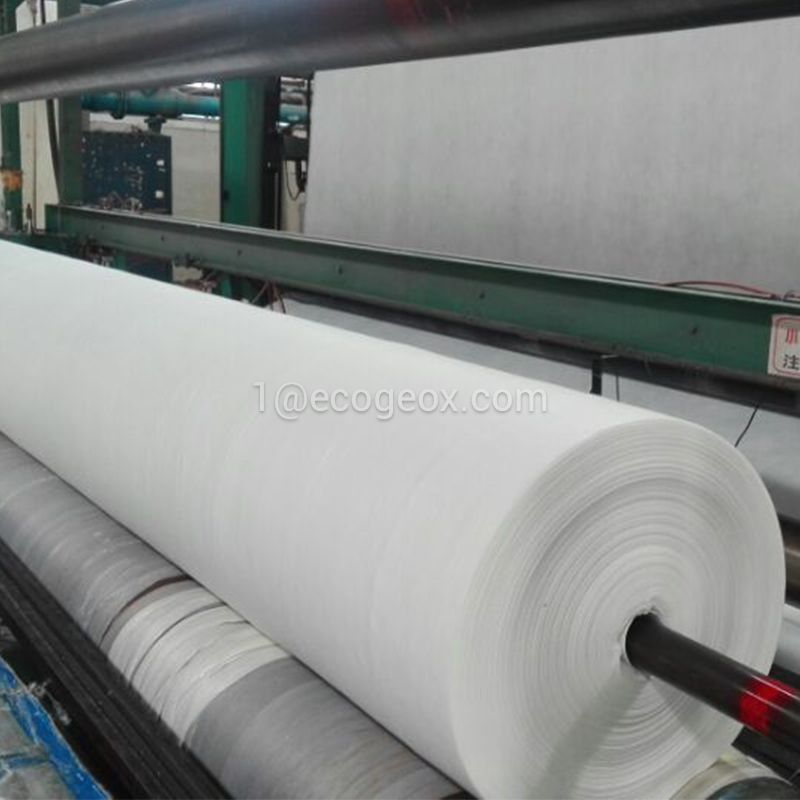
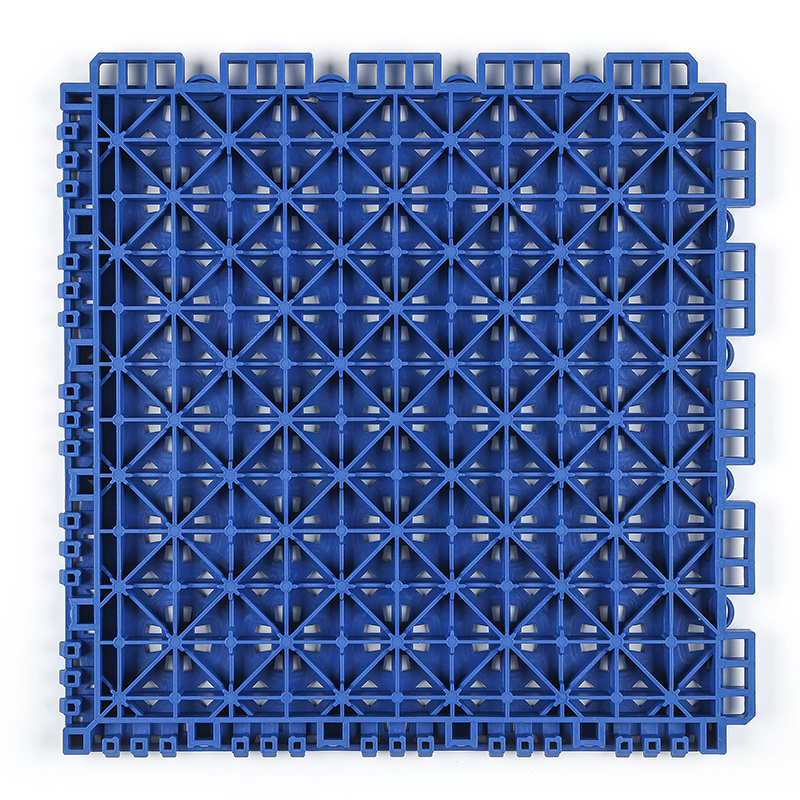
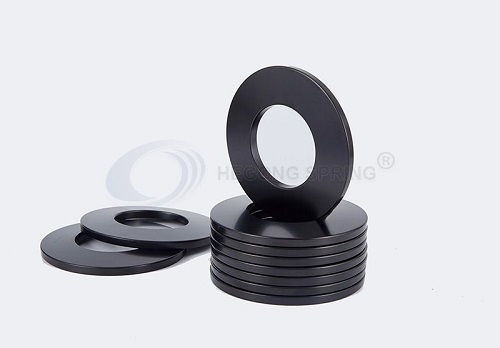
Comments
All Comments (0)